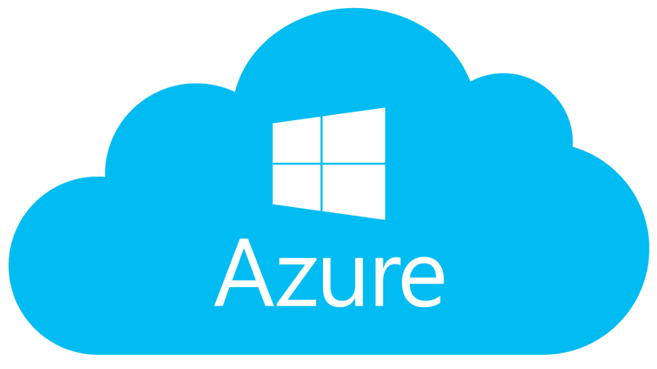
Azure is Microsoft’s cloud computing platform that offers a wide range of services and features, including virtual machines, storage, databases, and networking. Different Azure accounts come with varying benefits and limitations, so let’s compare some common types of Azure accounts.
-
Azure $100 Account: This is an educational benefit program offered by Microsoft for students and teachers at specific institutions. After registration, users receive a $100 credit to use any services on Azure. However, this account generally cannot be upgraded to a paid subscription and lacks access to some advanced features, such as virtual networking.
-
Azure $200 Account: This is a standard trial account requiring a credit card and an overseas phone number for registration. Users receive a $200 credit to use on any Azure services. This account is eligible for upgrade to a paid subscription and provides access to all features. However, whether it can be upgraded without account suspension depends on factors like the credit card used and the usage environment.
-
Azure Upgraded Account | Pay-As-You-Go Account: This is the result of upgrading a trial account, allowing users to pay based on their usage. Users can also run up a balance for a certain time. However, this type of account is less stable and may be suspended within three days, so it is generally not advisable to sell immediately after registration.
-
Azure Upgraded Account | Pay-As-You-Go Account, Upgraded After 3 Days: This account is sold after waiting three days post-registration, providing slightly better stability compared to the previous type, but there’s still no guarantee against suspension.
-
Azure Upgraded Account | Pay-As-You-Go Account, Used for Traffic for 3 Days: This account is used for some traffic before being sold, which generally ensures it remains active for about a month. However, such accounts are rarely available in the market.
-
Azure Upgraded Account | Pay-As-You-Go Account, Windows Virtual Machine Running for 3 Days: This account involves running a Windows virtual machine for three days before selling. It tends to be the most stable and commands the highest market price, but also has limited availability.
In summary, the types and differences of Azure accounts primarily revolve around upgradeability, stability, and the availability of free credits. When purchasing an Azure account, it’s important to choose the right type based on your needs and budget while being mindful of potential risks and security issues.